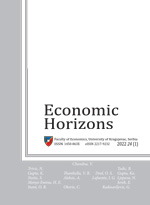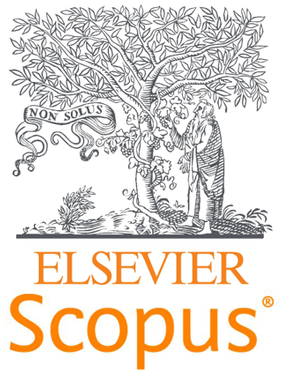BEHAVIORAL PORTFOLIO THEORY AND BEHAVIORAL ASSET PRICING MODEL AS AN ALTERNATIVE TO STANDARD FINANCE CONCEPTS
Miljan Lekovic
Faculty of Hotel Management and Tourism in Vrnjačka Banja, University of Kragujevac,
The Republic of Serbia
The growing gap between standard finance theory and practice has made way for the emergence of new theories and the development of new asset-pricing models. Behavioral economists have seized this opportunity to promote their ideas and thus develop behavioral finance theory, as an antithesis to standard finance theory; behavioral portfolio theory, as an antithesis to modern portfolio theory, and a behavioral asset-pricing model, as an antithesis to standard financial asset-pricing models. The paper aims to illustrate these new theoretical frameworks, given the absence of research at the national level relating to behavioral portfolio theory and the behavioral asset-pricing model. The objective is to explain the key features of behavioral portfolio theory and the behavioral asset-pricing model by means of conducting a comparative analysis of the mentioned theory and its model and standard financial concepts and models. By using a qualitative research methodology, the author concludes that, by incorporating psychological factors, behavioral portfolio theory and the behavioral asset-pricing model complement conventional financial concepts and bring finance theory closer to reality. It is, however, still too early and exaggerated to a certain extent to speak about the superiority of these new theoretical frameworks in relation to modern portfolio theory and conventional asset-pricing models, which is also the main finding of the research study.
Keywords: behavioral finance, psychological factors, mental account, utilitarian benefits, expressive benefits, emotional benefits
JEL Classification: G21, G30, H25, H26




